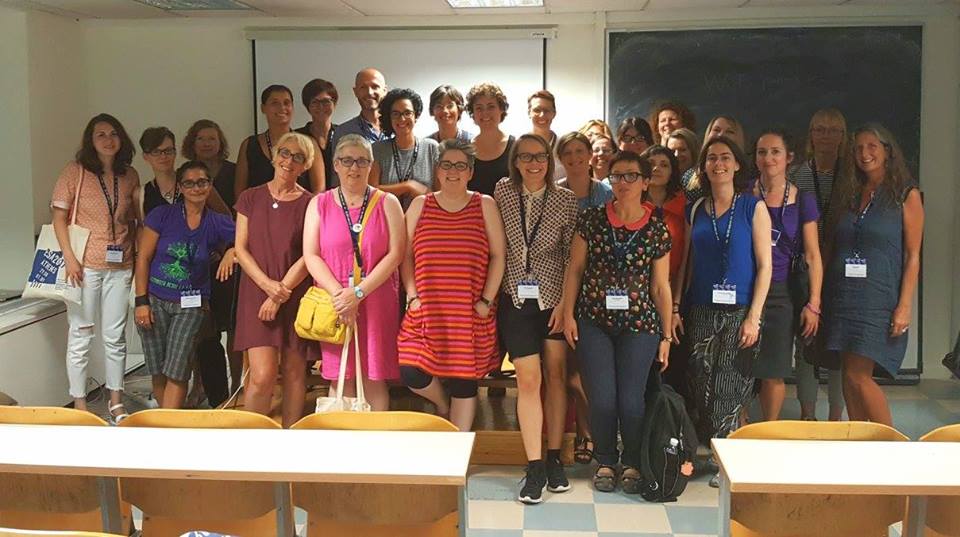The conference is organized by the Research Network on Sexuality (RN23) of the European Sociological Association, together with the Institute of Sociology, Jagiellonian University.
RN23 - Sexuality
In contrast to the long history of medical and psychological interest in sexuality, the sociological understanding of sexuality is a relatively new phenomenon, spanning a history of some 40 years. However during this time the sociology of sexuality, through both empirical research and theoretical writing, has become an important feature of academic work at both a national and international level. This work has enabled sociology to develop critical alternatives to the essentialism present in mainstream research on sexualities. Similarly, significant links have been made between sexuality and other salient social identities, for example gender, race, class and nationality. Whilst acknowledging the importance of biology, contemporary sociologists of sexuality prioritize the relationship between the individual and society to show the ways in which sexual desires, practices, identities, and attitudes are conceptualized, categorized, deployed, and ultimately regulated through the social institutions and practices of different societies. These areas, together with issues relating to the theorisation of sexuality alongside methodological developments, form important foci for this research network.
In its consolidation as an academic space for scholars working in this area to discuss current research in this area, the network has become in these years a safe space for sharing original, challenging perspectives on sexuality, and – not least – a warm space for pleasurable human relations.

Official website: https://www.europeansociology.org/research-networks/rn23-sexuality
Facebook: https://www.facebook.com/esarn23/
European Sociologicial Association
The idea of creating a European Sociological Association (ESA) dates back to 1987. After being legally established in 1994, the ESA was formally introduced to sociologists from all over Europe in 1995, during its second conference in Budapest. The ESA is a non-profit making association registered under French law since 2001. After a few years at SISWO in Amsterdam, the ESA office is located in Paris, where over the years it has had several host institutions. Since 2015, the ESA office operates from within the headquarters of the Fondation Maison des Sciences de l’Homme (FMSH). In 2016, ESA restructured its headquarters operations. It took over further responsibilities in organising conferences. Since then, ESA engages two employees.
The European Sociological Association provides an international platform for European sociologists as well as sociologists worldwide. The ESA aims to facilitate sociological research, teaching and communication between sociologists and between sociologists and other scientists, and to give sociology a voice in European affairs. The ESA intends to cultivate an influence on the development of European academic life and the formation of the younger generation of sociologists. This is evidenced by the thriving activities of the ESA’s Research Networks, the ESA journals European Societies and European Journal of Cultural and Political Sociology as well as the ESA conferences.
To this day, the ESA is made up of 37 Research Networks and over 2800 members.
Institute of Sociology, Jagiellonian University
The Jagiellonian University Institute of Sociology (JU IS) is one of the chief centres of sociology in Poland. For more than 40 years it has run programmes of study taught by distinguished Polish sociologists, has conducted important research projects, and collaborated with the local community.
The study offer of the Institute has gained widespread recognition, which has been reflected in our top positions in the annual rankings of Polish higher education institutions. The JU Institute of Sociology is a community of staff and students that combines sociological imagination with the ability to view the social reality in an unconventional and unbiased manner.
